Kenya 
Welcome to a captivating journey through Kenya’s rich heritage, where history comes alive and cultures flourish. Let’s embark on an adventure that unveils the secrets of this remarkable land.
Did you know that Kenya got its name from the towering Mount Kenya? This magnificent peak, the second-tallest in Africa, was cherished by the Kikuyu people, who named it “Kirinyaga” – meaning “mountain of whiteness” due to its snow-capped summit. As the British colonizers arrived, the name evolved into “Kenya,” out of the inability of the British to pronounce “Kirinyaga” correctly. Let’s explore this fascinating connection between nature and history (https://kenyaembassydc.org/aboutkenyahistory/).
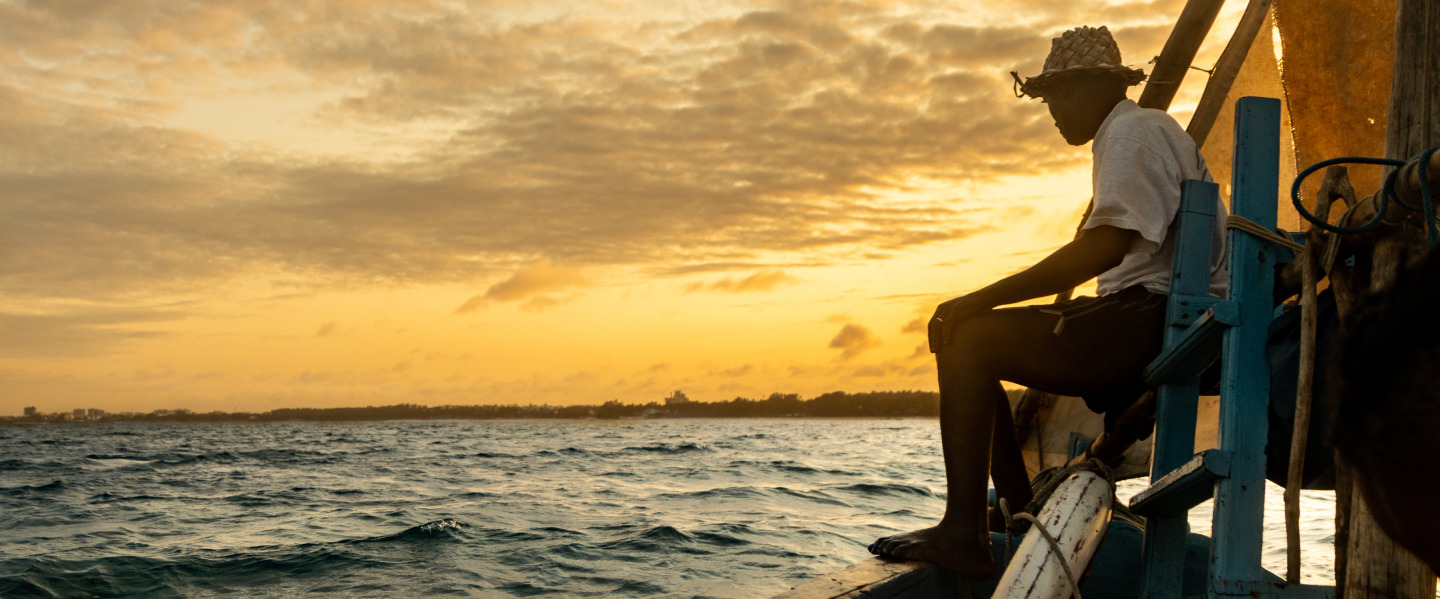
A Land of Diversity and Discovery
Situated on Africa’s East Coast, Kenya dazzles with its equatorial charm. It shares borders with Somalia, Ethiopia, Sudan, Uganda, and Tanzania, while the Indian Ocean caresses its eastern shores. This prime location has nurtured a diverse tapestry of cultures and a wealth of human evolution.
Echoes of Ancient Footprints
Kenya’s story begins in the Stone Age, over 2 million years ago, a tale of human cultural evolution etched on the earth. Across vast epochs, from the ancient Stone Age to the Neolithic era 10,000 to 2,000 years ago, the landscape witnessed human progress. The Iron Age, pre-colonial times, and modern days all contribute to the intricate tale of Kenya’s past. Find more information here: https://artsandculture.google.com/story/how-kenya-became-the-cradle-of-humankind/FAJCf9Oq7jWqIA
Resilience and Rebirth
Fast forward to the 8th century, when Islamic immigrants graced the coast, followed by intrepid Portuguese explorers. The 19th century saw the arrival of the British, sparking a new chapter in Kenya’s history. This era witnessed resistance and rebellion against colonial rule, culminating in the indomitable Mau Mau uprising of 1952.
Road to Independence
Kenya’s quest for autonomy led to constitutional reforms and landmark moments. In 1963, internal self-governance was achieved, and on a triumphant December 12th, independence was celebrated with the innovative Majimbo constitution, granting significant autonomy. A new dawn rose in 1964, as Kenya became a Republic, guided by the visionary President Mzee Jomo Kenyatta.
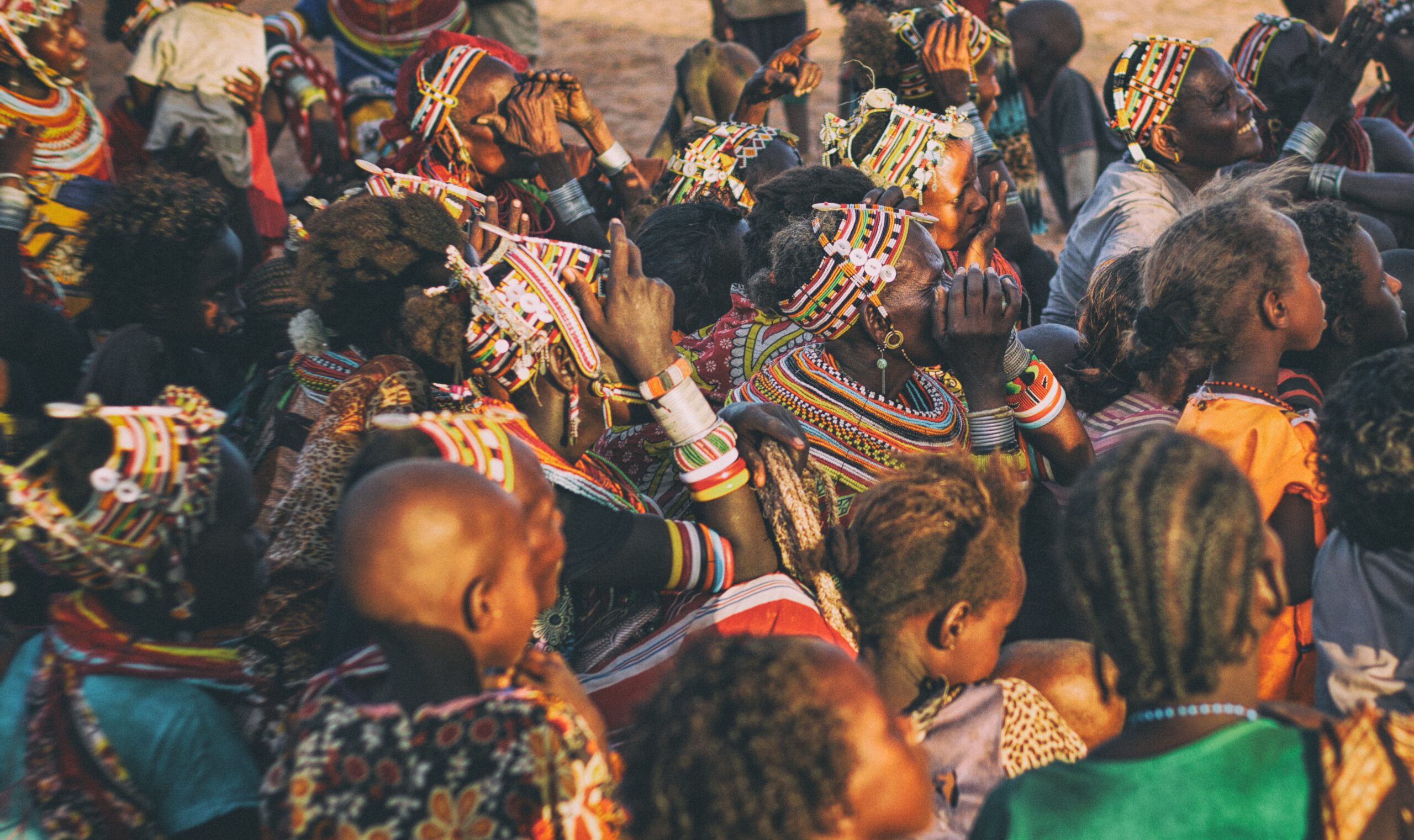
A Legacy of Leadership
Following a dynamic political landscape, Hon. Daniel arap Moi steered Kenya for 25 transformative years. In 2002, a fresh chapter began with the election of the third President, Hon. Mwai Kibaki, heralding a promising era of change and progress. The current president in August 2022, then Deputy President William Ruto won the presidential election by a small margin with 50,5% of the vote. His main opponent, Raila Odinga, received 48.8%. Incumbent President Uhuru Kenyatta couldn’t run for a third term. Odinga challenged the results in the Supreme Court, but on 5 September, the Court upheld Ruto’s win (https://www.bbc.com/news/world-africa-13681341).
Explore, Experience, and Embrace Kenya
Our journey through Kenya’s history is just the beginning. Join us as we delve into ancient mysteries and courageous struggles that have shaped this vibrant nation. Discover a mosaic of cultures, a legacy of resistance, and a path to a brighter future (https://www.un.int/kenya/kenya/general-information-about-kenya).
Uncover more fascinating facts about Kenya’s wonders and treasures here:
https://www.african-adventures.co.uk/10-facts-you-maybe-dont-know-about-kenya/
Good to know
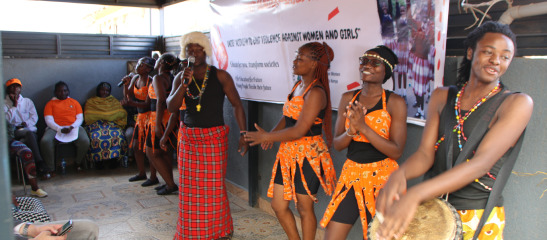
Language
Due to the linguistic diversity of the country, there are two official languages in Kenya – English, and Swahili. The national language is Kiswahili while English is the official language, the majority of Kenyans living in the city understand and can communicate in English.
It is a good idea to learn a few phrases in Swahili, the national language, as it will help you connect with locals and navigate your way around the country.
Climate
Throughout the country, the hottest months are from December to March. The months of July to September are perfect for a sunny holiday, with pleasant warmth and maximum temperatures around 25 to 29 degrees Celsius (77 to 84 degrees Fahrenheit). The sun shines bright often and there is occasional rainfall. It is advisable to carry some heavy clothes as nights tend to be cold. However, there are some variations in the climate between the different regions of Kenya.
The ideal time to experience Kenya’s remarkable landscapes and wildlife wonders is from June to October. This period promises a splendid journey with moderate heat. Yet, Kenya’s diverse geography and temperate climate make it an exceptional year-round haven. Most destinations are also at their best between January and the end of March, when the climate is mild and mostly dry, and you’ll avoid the peak-season crowds and take advantage of lower, off-season rates.
Make sure to bring sunscreen and mosquito repellent, as Kenya’s warm climate and lush landscapes are home to various insects.
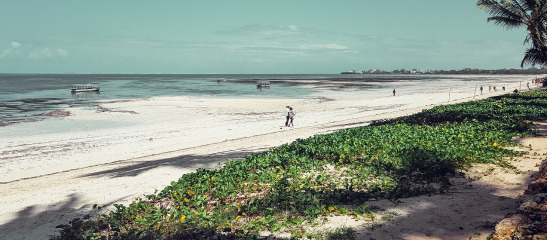
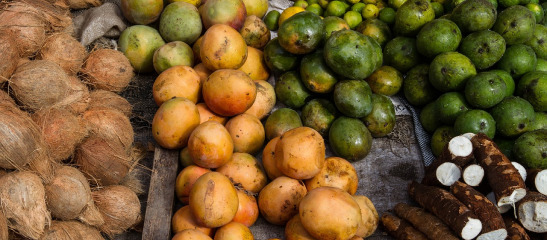
Food
Kenyans are known for their meat-loving culture. There are about 40 different ethnic groups in Kenya, each with its unique food culture. As a result, there is no single dish that represents all of Kenya. While different communities have their own native foods, the staple foods in Kenya include cereals (maize, millet, sorghum and others depending on the region) eaten with various meats and vegetables. Foods that are universally eaten in Kenya are ugali, sukuma wiki and githeri. Learn more about these foods here: https://www.kenyasafari.com/food-of-kenya.html
Transportation
The form of transport most widely used by Kenyans is the “Matatu”. They are normally minibuses which have a board showing the destination they are travelling to and are considered to be cheaper and more reliable for most. Other means of transport readily available in the major cities are taxi hailing services such as Bolt, Uber and Motorbikes locally known as boda boda.

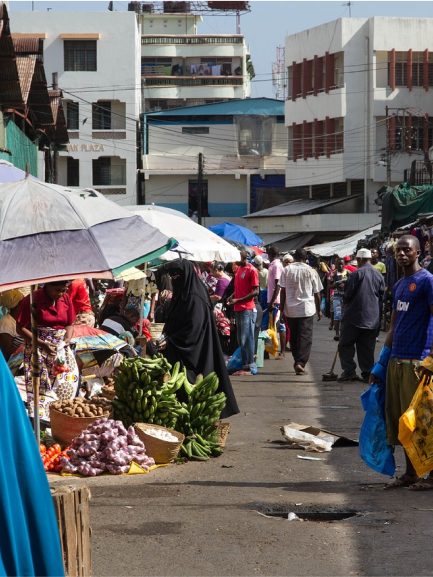
Dressing
Generally, before traveling to Kenya, it is important to keep in mind the country’s diverse cultures and traditions. Modest dressing is common, especially when visiting religious or conservative/traditional areas.
Stereotypes
There are several misconceptions among some Kenyans, especially in the Slum areas regarding foreigners, particularly those of European descent, also referred to as “Muzungu” – a Swahili name meaning ‘white man’. It is perceived that all white people speak English and have come to offer humanitarian or financial assistance in the community. P.S. Be prepared to greet countless children and adults.
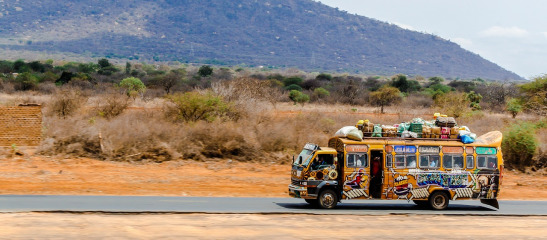
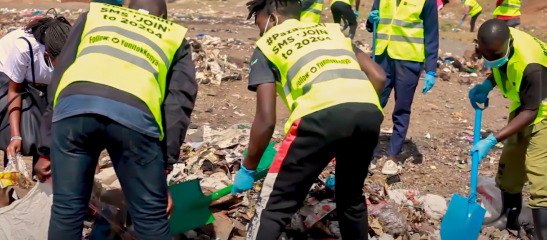
Dos and Don’ts
With the above tips in mind, you’re ready to experience all the wonders that Kenya has to offer! Here are some few Dos and Don’ts you can look at to improve your experience: https://culturalatlas.sbs.com.au/kenyan-culture/kenyan-culture-do-s-and-don-ts
Meet the Guide

Jonah Mwakima
Jonah Mwakima is a dedicated social worker from Kenya with a diploma in Social Work and Community Development from Nairobi Technical Training Institute. He is your knowledgeable guide during your tour in Nairobi and Kisumu. With a strong background in community development, Jonah has been working tiredlessly for Footprints for Change organization in Mathare, Kenya. His experience as part of the coordinating team for Farafina Institute’s youth exchange visits, held in both Kenya and Germany in 2022, has sharpened his skills in managing and guiding diverse groups. Jonah’s passion for fostering positive change, particularly among the youth, makes him an exceptional guide who will ensure a meaningful and impactful experience for all.
Javan Oliech
Javan Oliech works for our partner organization, Footprints for Change, as a program lead. He is a motivated mentor who excels at collaborating with other community team members to solve issues, devise creative solutions and ensure smooth sailing for the youths and learners within the informal settlements in Kenya. As an enthusiastic, well-travelled individual with excellent communication skills, he is sure to make a positive contribution to Farafina Travels and ensure outstanding traveler experiences. His expertise lies in organizing and leading trips, advising travellers on travel options, and translating/interpreting foreign languages (English to Swahili). Additionally, his established success in swiftly resolving traveler concerns and issues in stressful and/or unfamiliar environments has prepared Javan to make a significant and immediate impact. His proven ability to lead impactful foreign destination tours, along with strong interpersonal and time management skills, contributes immensely to the success of Farafina Travels.

Partner organisation
Footprints for Change (F4C)
Footprints for Change (F4C) is a youth-led and youth serving organization established and formally registered in 2014 as a community-based organization in Kenya. They are a non-profit change making organization comprised of youth seeking to advance the welfare of current and future African societies. They exist to transform youth through innovative empowerment programs in civic engagement, leadership, and peace building. Hence, they seek to capitalize on the youth bulge by equipping them for conflict transformation and systemic social change; nurture accountable leadership among youth for sustainable governance and develop cultures of peace by advocating for values and attitudes based on respect for life (dignity), non-violence, civic engagement, justice and reconciliation for sustainable peace. Their ambition is to continually build peaceful and sustainable societies by empowering youth to take charge of their futures and impact the change they want to see. They create and work through mentorship-like platforms with an attempt to re-socialize the youth for responsible civic engagement. Their vision is “a civically responsible youth for an accountable leadership and peaceful society”.

